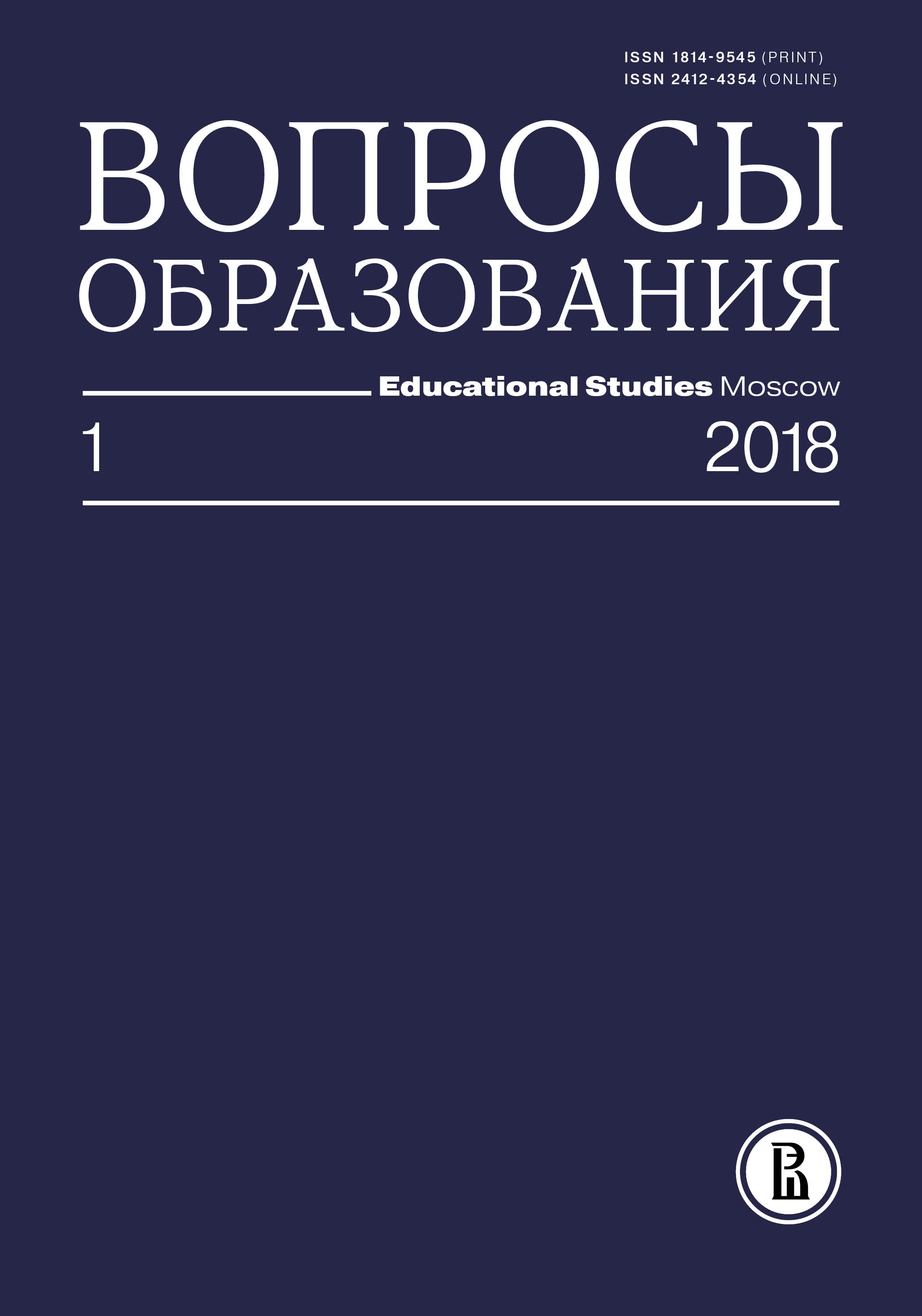Состояние естественнонаучного образования в российской школе по результатам международных исследований TIMSS и PISA
Аннотация
В статье рассматриваются особенности естественнонаучного образования в российской школе, как они проявились в международных исследованиях: снижение достижений учащихся по естествознанию при переходе из начальной в основную школу и резкое различие результатов учащихся 8–9‑х классов в TIMSS и PISA. Выводы работы основываются как на анализе данных, полученных в рамках этих исследований (результатов выполнения тестов, опросов участников, содержания заданий), так и на характеристиках федеральных образовательных стандартов и программ в части, относящейся к естественнонаучному образованию. Выявлены факторы, влияющие на подготовку российских учащихся по естествознанию в начальной, основной и старшей школе. Так, высокие результаты четвероклассников в исследовании TIMSS в значительной степени связаны с активностью учащихся в приобретении естественнонаучных знаний вне школы. Резкая разница между результатами учащихся 8–9‑х классов в исследованиях TIMSS и PISA объясняется, с одной стороны, близким соответствием российских программ естественнонаучных предметов концепции TIMSS, а с другой — их значи- тельным расхождением с концепцией PISA, поскольку российские программы мало ориентированы на формирование естественнонаучной грамотности учащихся. В качестве одного из факторов, объясняющих снижение результатов одиннадцатиклассников в TIMSS-Advanced 2015 по профильной физике в сравнении с предыдущими циклами рассматривается увеличение в тесте доли заданий по физике атома и атомного ядра, которые оказались более трудными для учащихся. Судя по результатам исследований TIMSS, PISA и TIMSS-Advanced, прошедших в 2015 г., изучение естественнонаучных предметов в российской школе больше ориентировано на приобретение и демонстрацию знаний, чем на их применение, а также освоение практик, характерных для естественных наук: постановки научных вопросов, планирования исследования, интерпретации данных, построения научных доказательств. Новизна работы состоит в том, что в ней впервые объединены в общую картину данные международных сравнительных исследований по качеству естественнонаучного образования в российской школе для всех уровней общего образования.








